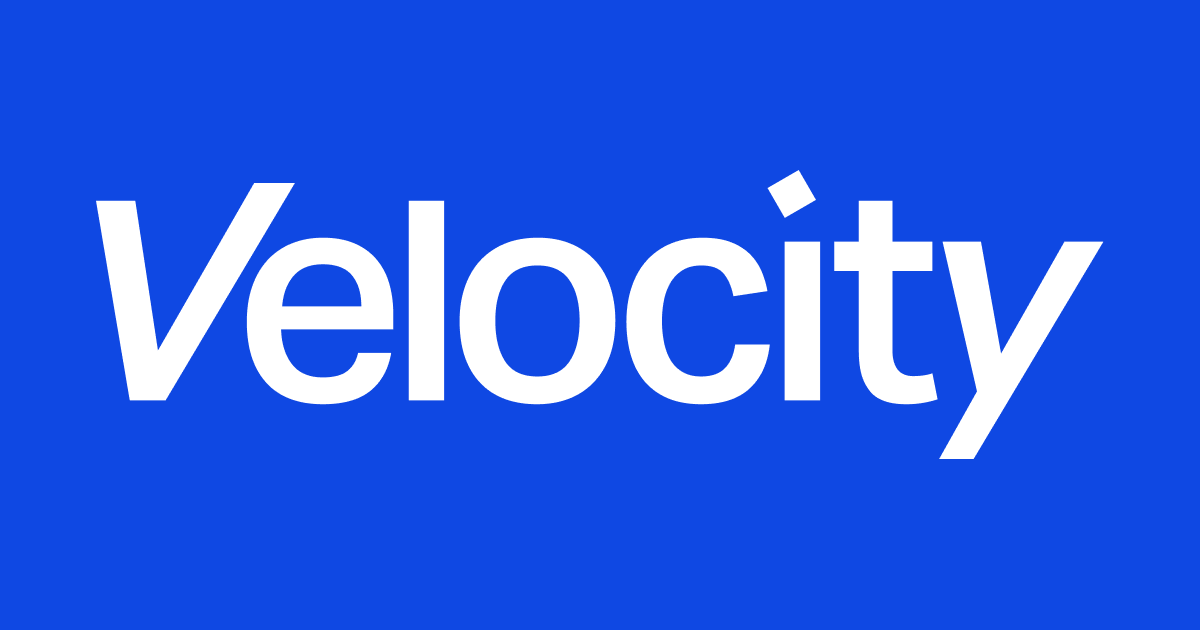
Business Loans: Are they right for you?
Tue May 07 2024
4 min read
Business loans can be a valuable financing option for businesses looking to fund growth initiatives, manage cash flow, or cover unexpected expenses. However, like any financial product, they come with their own set of pros and cons that entrepreneurs should carefully consider before taking on debt. Let's explore some of the key advantages and disadvantages of business loans:
Pros:
- Access to Capital:
- Funding Growth: Business loans provide access to capital that can be used to expand operations, launch new products or services, or enter new markets.
- Working Capital: Loans can help businesses manage day-to-day expenses, maintain inventory levels, or cover payroll during slow periods.
- Unsecured Business Loans: Some lenders offer unsecured business loans, which do not require collateral, providing businesses with additional flexibility in accessing capital.
- Flexibility:
- Various Loan Types: There are different types of business loans available, including term loans, lines of credit, and equipment financing, allowing businesses to choose the option that best suits their needs.
- Customizable Terms: Many lenders offer flexible repayment terms and structures, allowing businesses to tailor the loan to their specific requirements.
- Build Credit:
- Establish Credit History: Successfully repaying a business loan can help establish a positive credit history for the business, making it easier to access financing in the future.
- Improve Credit Score: Timely payments on a business loan can boost the business's credit score, which can lead to lower interest rates and better loan terms in the future.
- Preserve Equity:
- Avoid Equity Dilution: Unlike equity financing, which requires giving up ownership stakes in the business, loans allow businesses to retain full ownership and control over their operations.
- Retain Profits: By repaying a loan with interest, businesses retain all future profits generated by the business, rather than sharing them with investors.
Cons:
- Cost of Borrowing:
- Interest Payments: Business loans incur interest charges, which increase the overall cost of borrowing.
- Fees: Some lenders may charge origination fees, prepayment penalties, or other fees that add to the cost of the loan.
- Risk of Default:
- Obligation to Repay: Business loans create a legal obligation to repay the borrowed funds, along with any accrued interest, regardless of the business's financial performance.
- Default Risk: Failing to make timely payments on a loan can result in default, leading to additional fees, damage to the business's credit score, and potential legal action by the lender.
- Collateral Requirements:
- Asset Pledging: Many lenders require collateral to secure business loans, such as real estate, equipment, or inventory, which can put valuable assets at risk if the business defaults on the loan.
- Limited Options: Businesses without sufficient collateral may have limited access to financing options or may be subject to higher interest rates.
- Cash Flow Impact:
- Monthly Payments: Loan repayments can strain cash flow, particularly for businesses with irregular revenue streams or seasonal fluctuations in sales.
- Budget Constraints: Devoting a portion of revenue to loan payments can limit the business's ability to invest in other areas, such as marketing, research and development, or employee salaries.
- Qualification Requirements:
- Credit History: Lenders typically require a strong credit history and financial track record to qualify for a business loan, which can be challenging for startups or businesses with limited operating history.
- Documentation: Applying for a business loan often requires extensive documentation, including financial statements, tax returns, and business plans, which can be time-consuming and cumbersome.
Where can you raise debt from?
Traditional Banks
Traditional lenders like banks and credit unions offer a wide range of business loan products, including term loans and credit lines. They typically provide competitive interest rates and favorable loan terms, making them attractive to businesses with strong credit profiles and established operating histories. However, the application process can be lengthy and require extensive documentation, with stringent approval criteria that may pose challenges for startups or businesses with less-than-perfect credit.
Enter: Revenue-based Financing
Revenue-based financing (RBF) is a flexible form of business financing that offers an alternative to traditional bank loans and equity investments. In RBF, a lender provides capital to a business in exchange for a percentage of its future revenues over a defined period. Unlike traditional loans, RBF does not require fixed monthly payments or collateral, making it an attractive option for businesses with variable cash flows or limited assets.
One of the key advantages of revenue-based financing is its flexibility. Rather than adhering to a fixed repayment schedule, RBF payments are tied to the business's revenue performance.
Another advantage of revenue-based financing is its accessibility. Unlike traditional bank loans, which often require extensive documentation, collateral, and stringent credit requirements, RBF providers typically focus on the business's revenue performance and growth potential. This makes RBF a viable option for startups, early-stage ventures, and businesses with limited operating histories that may not qualify for traditional financing.
Furthermore, revenue-based financing offers businesses a non-dilutive form of capital. Unlike equity investments, which require giving up ownership and control of the business, RBF allows businesses to retain full ownership while accessing the capital needed to fuel growth. This preserves the entrepreneur's equity stake and decision-making authority, enabling them to maintain control over their vision and strategic direction.
Who are these businesses that offer Revenue-based Financing:
Klub

Klub is Asia’s first revenue-based financing platform with presence across multiple countries. From Singapore to India to UAE, Klub empowers consumer businesses across the globe.
Sectors: Consumer businesses
USP: Provides access to equity, celebrity-financing, store financing, and cross-border commerce opportunities!
Notable Investments: Furlenco, BlueSmart, Mobikwik, Bluestone
Sign up now, and get an offer from Klub.
Velocity

Sectors: eCommerce businesses
USP: Offers tech-based support with an analytics and insights dashboard
Notable investments: Purna Gummies, Green Soul, Wallmantra
GetVantage

Sectors: Wholesalers, SaaS, eCommerce
USP: Offers founder-friendly support
Notable investments: GoQii, Flatheads, The Healthy Company








